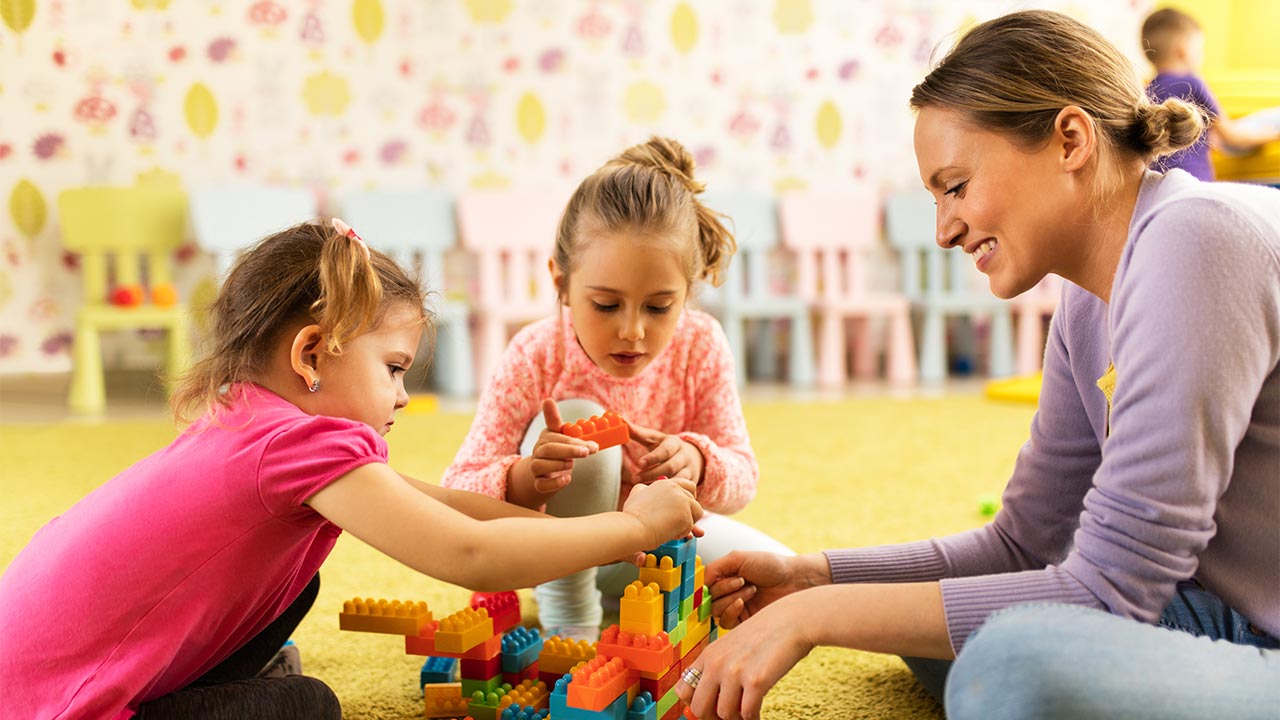The Importance of Play for All Ages
Play is frequently connected with adolescence, bringing out pictures of youngsters at play in parks, on jungle gyms, and in their homes. In any case, the meaning of play stretches out a long ways past early turn of events; a crucial human movement benefits people, all things considered. From cultivating imagination and interactive abilities in kids to advancing emotional wellness and social associations in grown-ups and seniors, the significance of play couldn't possibly be more significant.
Play in Adolescence
Play is a significant part of life as a youngster improvement. During these early stages, kids participate in different kinds of play — free play, organized play, and agreeable play — all of which add to their physical, mental, and close to home development.
Actual Turn of events: Play assists kids with creating coordinated abilities, coordination, and generally actual wellbeing. Exercises like running, bouncing, and climbing upgrade their actual capacities while empowering a solid way of life.
Mental Turn of events: Through play, kids figure out how to issue address, think fundamentally, and foster innovativeness. Whether working with blocks, tackling puzzles, or participating in creative play, kids are effectively thinking carefully to investigate their general surroundings.
Interactive abilities: Play frequently includes association with peers, showing youngsters how to convey, coordinate, and arrange. These interactive abilities are fundamental for framing kinships and grasping normal practices.
Profound Turn of events: Play gives a protected climate to kids to communicate their feelings, adapt to fears, and foster compassion. Pretending situations can assist kids with figuring out alternate points of view and figure out how to deal with their sentiments.
Play in Puberty
As kids progress into pre-adulthood, play advances yet remains similarly significant. Youngsters might participate in sports, computer games, and social exercises, all of which give huge advantages.
Social Associations: During youthfulness, peer connections become foremost. Participating in play assists teens with building fellowships and explore complex social elements.
Personality Investigation: Play permits teens to investigate their inclinations and characters. Whether through group activities, imaginative undertakings, or side interests, they foster a healthy identity and find out about their assets and shortcomings.
Stress Help: Puberty can be a wild time loaded up with scholarly tension and social difficulties. Play fills in as a source for pressure alleviation, helping youngsters loosen up and re-energize.
Ability Improvement: Support in sports and games encourages collaboration, administration abilities, and discipline. These abilities are significant in sports as well as adaptable to future scholar and expert pursuits.
Play in Adulthood
The significance of play doesn't decrease with age; as a matter of fact, it very well may be significantly more pivotal in adulthood. Tragically, the requests of work, family, and obligations frequently push play to the foundation. Perceiving the significance of play can prompt upgraded prosperity.
Stress Decrease: Grown-up life can be loaded up with stressors, and taking part in play gives a fundamental getaway. Exercises like games, prepackaged games, or innovative side interests can altogether diminish feelings of anxiety and further develop state of mind.
Social Cooperation: Perky exercises encourage social associations and reinforce connections. Whether taking part in team activities, game evenings, or side interest clubs, grown-ups can fabricate bonds that improve their encouraging groups of people.
Imagination and Critical thinking: Taking part in play empowers imaginative reasoning and development. Grown-ups can profit from play by moving toward difficulties with a new point of view, prompting further developed critical thinking abilities.
Balance between serious and fun activities: Integrating play into everyday schedules advances a better balance between serious and fun activities. By focusing on play, grown-ups can re-energize their psychological and profound batteries, at last prompting expanded efficiency and occupation fulfillment.
Play in Later Life
As people age, the requirement for play stays significant. Seniors might confront difficulties, for example, confinement, medical problems, and mental deterioration, yet play can give imperative advantages.
Actual Wellbeing: Taking part in fun loving exercises like planting, moving, or light games can advance actual wellbeing and portability in seniors. These exercises assist with keeping up with strength, equilibrium, and adaptability.
Mental Excitement: Play can battle mental deterioration by empowering mental commitment. Games that challenge memory and critical thinking, for example, riddles and games, can keep the brain sharp.
Social Associations: Numerous seniors face depression and disengagement. Taking part in bunch exercises, like classes, clubs, or local area occasions, gives social collaboration and a feeling of having a place.
Profound Prosperity: Play can altogether upgrade close to home wellbeing in seniors. Giggling, happiness, and imagination can further develop mind-set, decrease sensations of sadness, and upgrade generally speaking life fulfillment.
Sorts of Play Across the Life expectancy
Play appears in different structures, and understanding these can assist people with integrating play into their lives at whatever stage in life.
Actual Play: Includes exercises that draw in the body, like games, dance, or outside exercises. Actual play is fundamental for wellness and can be delighted in by all age gatherings.
Imaginative Play: Exercises like drawing, painting, making, or playing music encourage inventiveness and self-articulation. These exercises are significant for emotional wellness and can be sought after at whatever stage in life.
Creative Play: Frequently found in kids, creative play can go on into adulthood through pretending games, theater, or narrating, considering investigation of character and feelings.
Social Play: Drawing in with others through games, sports, or social exercises encourages associations and is essential for profound wellbeing. This sort of play is fundamental at all life stages.
Mental Play: Includes games and exercises that challenge the brain, for example, puzzles, technique games, or random data. These exercises invigorate mental capability and can be especially advantageous for more seasoned grown-ups.
Integrating Play into Day to day existence
Perceiving the significance of play is only the initial step; integrating it into day to day existence requires deliberateness. Here are a few systems:
Put away Opportunity for Play: Similarly as you would plan gatherings or arrangements, distribute opportunity in your week for fun loving exercises. Whether it's a game evening or a side interest, focus on it.
Draw in with Others: Welcome companions or family to go along with you in energetic exercises. This upgrades social associations as well as makes play more agreeable.
Investigate New Exercises: Don't hesitate for even a moment to attempt new types of play. Join a games association, take a craftsmanship class, or partake in local area occasions to find what gives you pleasure.
Be Aware of Your Play: Focus on how various exercises cause you to feel. Pick those that elevate your spirits and contribute emphatically to your psychological and profound prosperity.
Empower Play in Your Loved ones: Cultivate a climate where play is esteemed. Empower youngsters, teenagers, and grown-ups in your family to investigate perky exercises together, reinforcing bonds and making enduring recollections.
The Eventual fate of Play
As society advances, so does how we might interpret play's importance. The advanced age has presented new types of play, from computer games to augmented reality encounters. While innovation can offer creative play open doors, it's vital for offset screen time with physical and social play.
Besides, advancing play inside instructive, expert, and local area settings can upgrade imagination and joint effort. Schools can consolidate more play-based learning, work environments can present group building exercises, and networks can make spaces for sporting exercises.
End
The significance of play for all ages is clear. From adolescence to advanced age, play improves our lives, cultivates associations, and advances wellbeing and bliss. Embracing have as a crucial impact of life can prompt a really satisfying and adjusted presence. A widespread language rises above age, reminding all of us to connect with, investigate, and partake in the excursion of life. In this way, whether you're fabricating a sandcastle, playing a round of soccer, or making a magnum opus, recollect that play isn't only for kids — it's for everybody, at each phase of life.



0 Comments